The results of the latest Project Europe study show that the European elite is at odds with the majority of public opinion on the fundamental European policy issues, Hungary's EU Affairs Minister Janos Boka said at the Tranzit Festival in Tihany. The minister stated that
European decision-makers are going against the will of the majority on key strategic issues, and are doing so by excluding from the community discourse through political counter-campaigns all those who oppose them.
This behavior is no coincidence, he pointed out, as European integration itself is a project driven by elites and not by democratic ideas.
Brussels is crushing the will of the majority
The European Union is a democratic project with major shortcomings, which have until recently went unnoticed, according to the politician, because the opinions of the public have not differed considerably from those of decision-makers, but this has changed radically and is no longer the case. When compared to the democracies of member states, EU functioning is decidedly undemocratic because the will of the majority does not prevail but is crushed in undemocratic fashion.
On the EU's handling of the migration crisis, he said that the migration pact is a case in point and is utterly unsuited to tackling the problems. "The hysteria surrounding migration has now reached the point where it is not possible to deviate with impunity from the opinion of the European elite on a range of issues, including the green transition and the war," he said.
The reprisals tied to rule of law infringement are agreed upon primarily by the biggest net contributors, while the rest of the EU believes they are unjustified. This indicates that the states financing the cohesion policy, established to offset the unintended negative side-effects of the single internal market, are either trying to reduce their burdens or are demanding adherence to principles that will potentially benefit them. No one is doing this overtly, which is why
cohesion funds are being withheld under the guise of rule of law policy,
Mr Boka noted.
"Inherent in European cooperation is the potential to make us all stronger together as a unit, as opposed to standing separately, while each still remaining who we want to be. But to achieve this the EU and its institutions need to change," he explained.
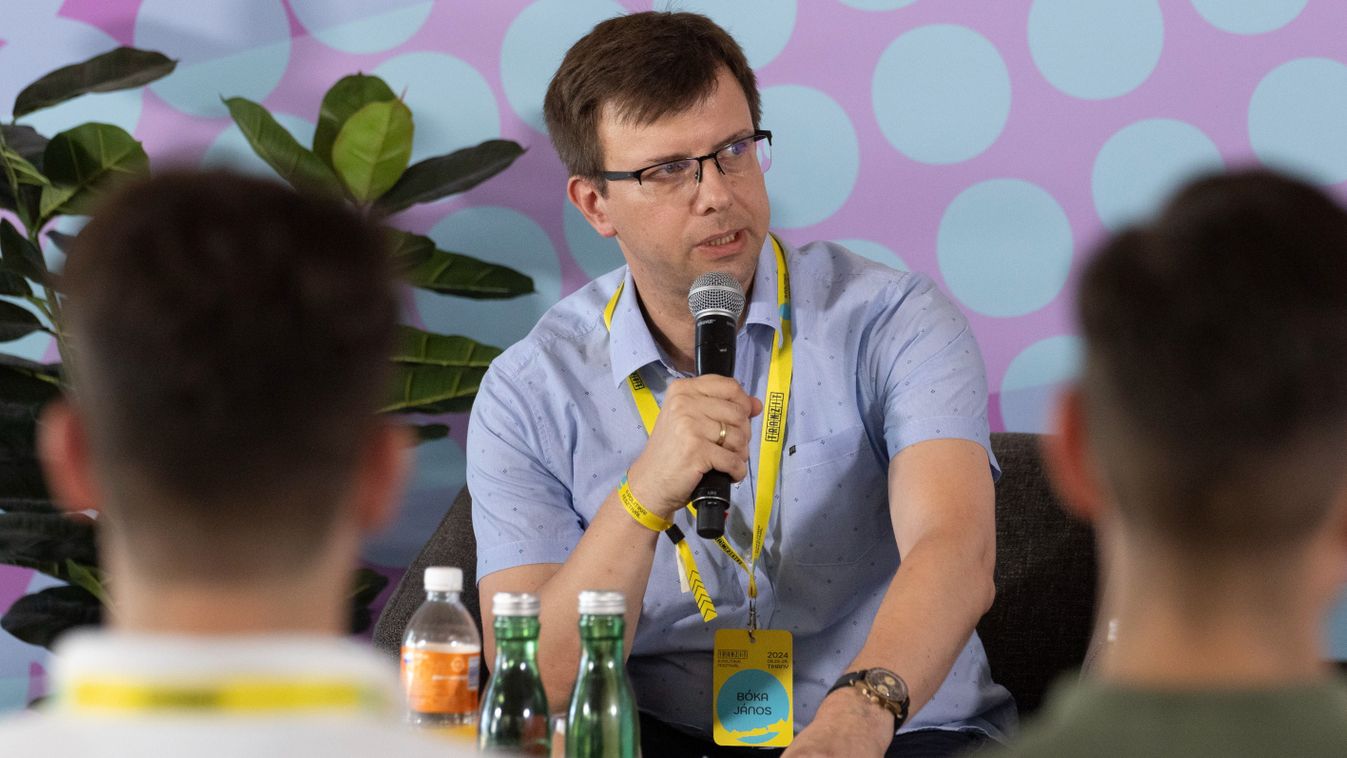

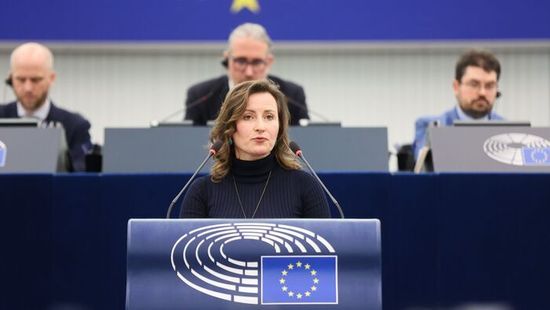
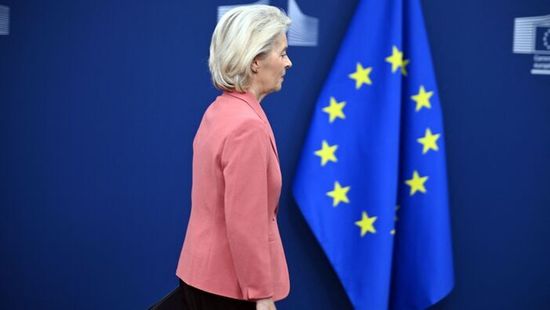
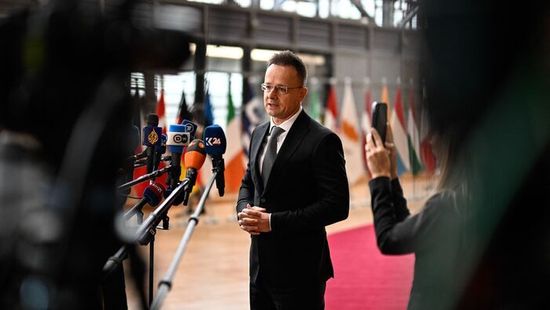
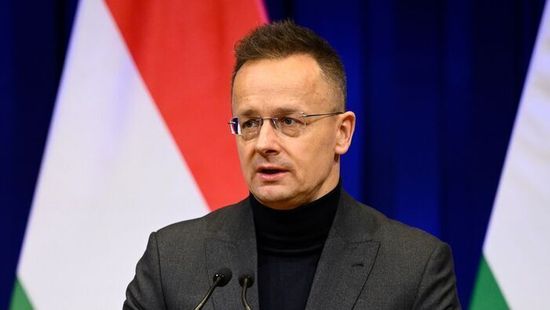

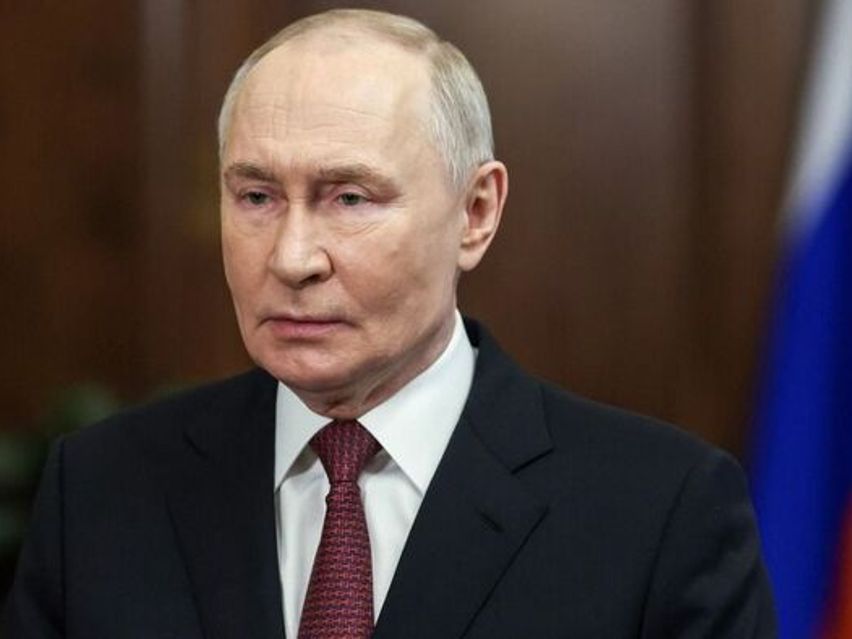
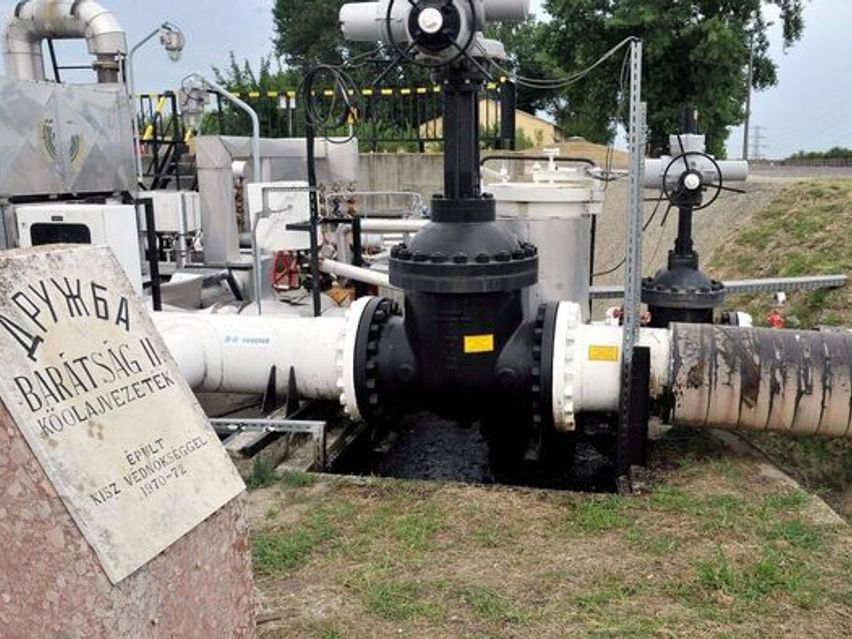
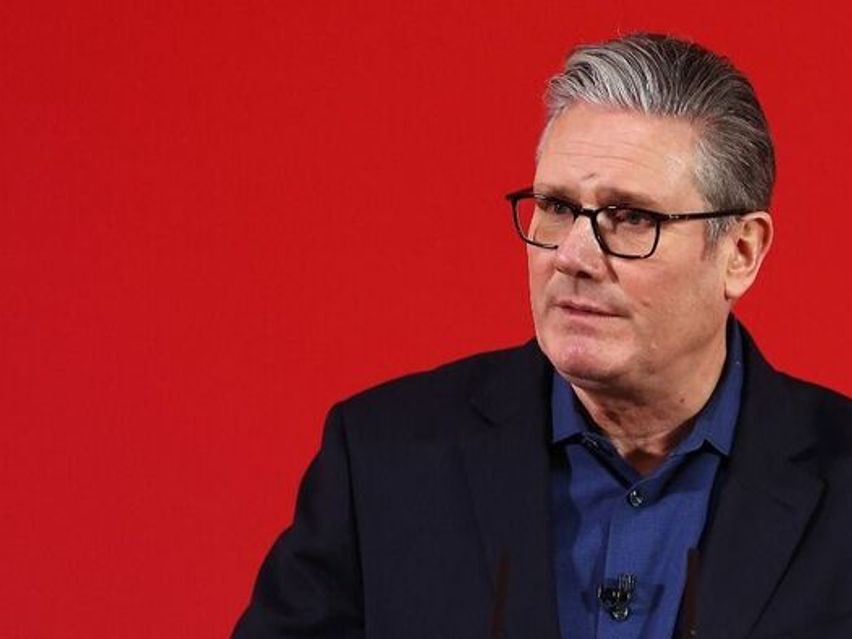
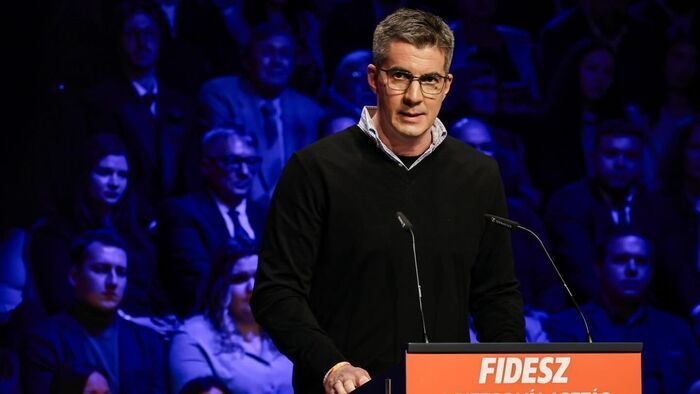

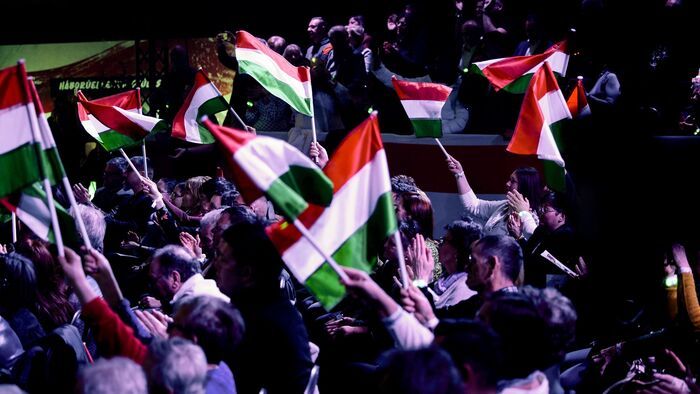
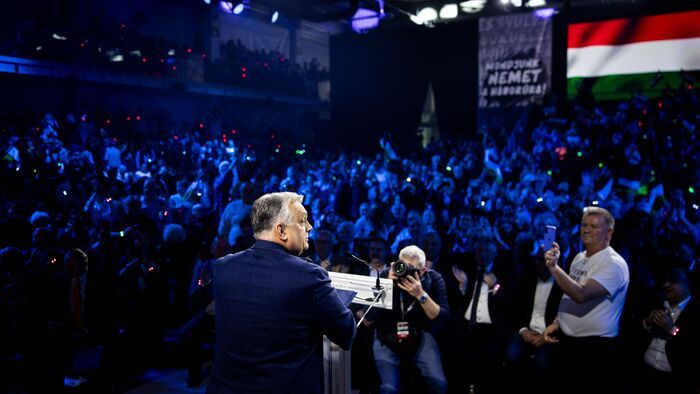
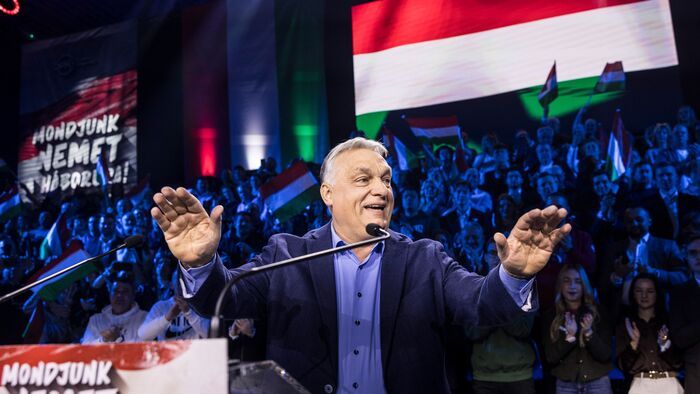


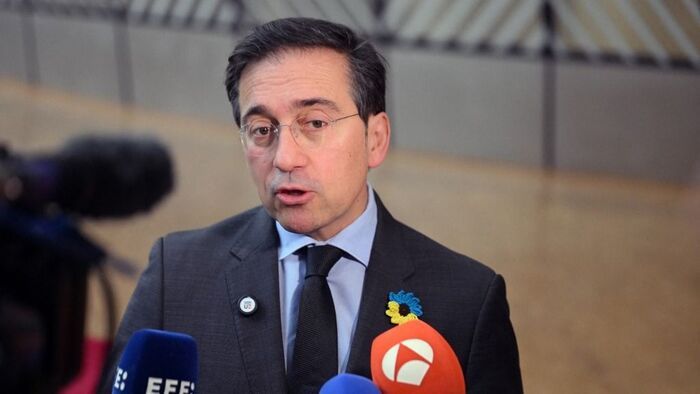





Szóljon hozzá!
Jelenleg csak a hozzászólások egy kis részét látja. Hozzászóláshoz és a további kommentek megtekintéséhez lépjen be, vagy regisztráljon!